Directory
- Share
Jordan Woods
- Alumni
- United States
- 2010 PhD Criminology
- King's College
Jordan Woods
- Alumni
- United States
- 2010 PhD Criminology
- King's College
I grew up in the snowy Catskill Mountains of Upstate New York. At Cambridge, my PhD research will explore how the British police handle hate crimes, with an emphasis on hate crimes against lesbian, gay, bisexual, and transgender people. I intend on using my research to improve hate crime policing within North America and the European Union. In 2012-13, I will take a year off from Cambridge to brush up on my country-western dance moves in Texas and serve as a judicial clerk on the U.S. Court of Appeals for the Fifth Circuit. After graduate school, I hope to enter academia and be involved in making public policy on criminal sentencing, criminal procedure, and law enforcement related issues.
Shane Woods
- Alumni
- Canada
- 2004 PhD Genetics
- Hughes Hall

Shane Woods
- Alumni
- Canada
- 2004 PhD Genetics
- Hughes Hall
I have a degree in biochemistry but have spent most of my research hours studying the cytoskeleton and searching for drugable targets of small molecules. I plan to complete my doctorial studies investigating duplicate genes on a functional level and deciphering their evolutionary role. Besides research, I'm interested in the relationship between science-business and the way in which this relationship influences the economy.
Christina Woolner
- Alumni
- Canada
- 2013 MPhil Social Anthropology
- Lucy Cavendish College
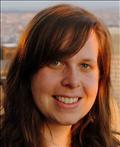
Christina Woolner
- Alumni
- Canada
- 2013 MPhil Social Anthropology
- Lucy Cavendish College
Christina Woolner is a Leverhulme Early Career Research Fellow, working on a project titled “The poetry of politics and politics of poetry: transforming political subjectivities in Somaliland.”
Dr. Woolner recently completed her PhD in Social Anthropology at the University of Cambridge, where she wrote a dissertation titled The Labour of Love Songs: Voicing Intimacy in Somaliland. Based on long-term ethnographic fieldwork with poets, musicians, singers, music-lovers and love-suffering audiences in Hargeysa, her dissertation explores how love songs distill, perform and open space for intimacy – in the way they are produced, circulated, debated, listened to, performed, and put to work in public and private settings. Her dissertation paid particular attention to the way that different ideas about the voice, and different practices of voicing intersect to enable intimate relationships and subjectivities.
Dr. Woolner’s current research project takes her interest in voice and voicing into the realm of Somali political orature. In what is often called a “nation of poets”, she will be focusing on a recent poetry debate chain known as “miimley” – a series of poems that criticized and defended Somaliland’s government – to explore gendered and generational shifts in ideas of “voice”, subjectivity and political belonging.
Dr. Woolner’s current research builds on a long-held interest in the role of storytelling and voice in war and peacebuilding processes. She has worked as an instructor/lecturer in peace and conflict studies at universities in Canada and Somaliland, as well as a researcher at Project Ploughshares, a Canadian NGO that monitors armed conflict and the armaments industry. She holds a BA in Global Studies and Religion & Culture (Wilfrid Laurier University), an MA in International Peace Studies (University of Notre Dame), and an MPhil in Social Anthropology (Cambridge).
Joseph Wu
- Alumni
- United States
- 2016 PhD History + Philosophy of Sci
- King's College
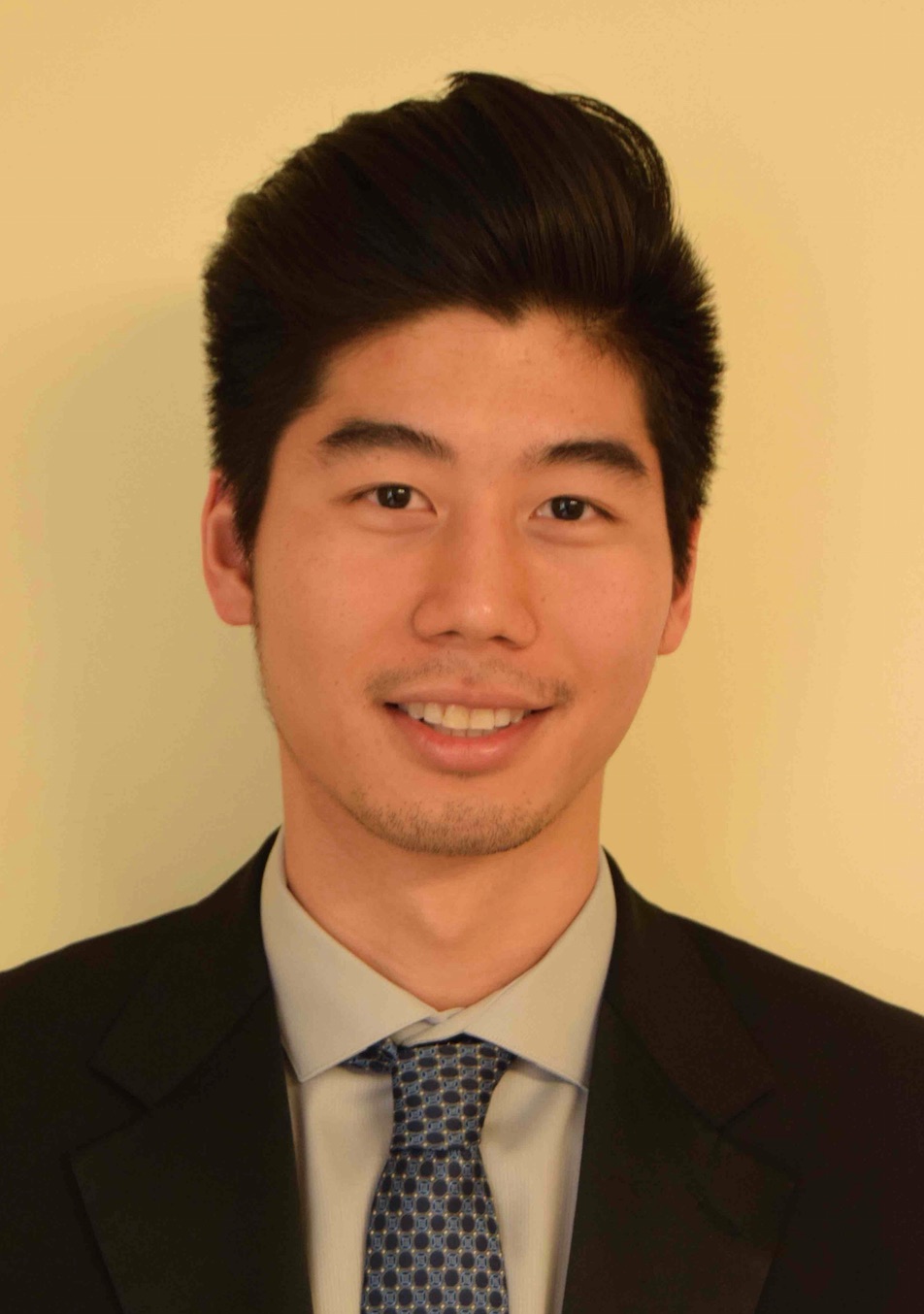
Joseph Wu
- Alumni
- United States
- 2016 PhD History + Philosophy of Sci
- King's College
I grew up in southern California and attended Duke for my undergraduate studies. I started out in biology, researching the genetic regulation of skin cancer and spending my summers with kids affected by cancer. I transitioned to philosophy out of a desire to explore, not just the functioning of disease, but also the nature of our attempts to mitigate it. My PhD examined one such attempt, the early detection of cancer though screening, an issue that cuts across public health ethics, political philosophy, and philosophy of medicine. We can ask of screening: what are the benefits and harms, and how can we distribute them justly throughout the population? What sorts of ethical obligations shape how we communicate about cancer? What are the ultimate aims and limits of medicine? Answering these questions is central to developing ethically sound and effective health policies. Apart from research, I competed for the Cambridge University water polo team, and co-captained the team in 2016-2017. After Cambridge, I attended medical school at Brown, and am currently a Psychiatry resident at the Brigham and Women's Hospital / Harvard Medical School program.
Previous Education
Duke University
University of Cambridge
Ke Wu
- Alumni
- United States
- 2012 MPhil Education (Thematic route)
- St John's College
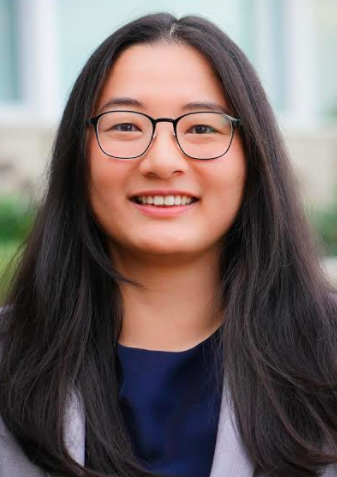
Ke Wu
- Alumni
- United States
- 2012 MPhil Education (Thematic route)
- St John's College
Previous Education
Arizona State University B.S. in Biochemistry 2010
Catherine Xie
- Alumni
- United States
- 2013 MPhil Clinical Science
- Trinity College

Catherine Xie
- Alumni
- United States
- 2013 MPhil Clinical Science
- Trinity College
Growing up, I not only gained a deep appreciation for cultural diversity through living in four different countries (China, Australia, Canada, and the USA), but also became motivated by my fascination with the study of life to discover new knowledge. My innate curiosity and passion for scientific research led me to pursue a B.S. in Bioengineering at the California Institute of Technology, where I gained cutting-edge insights into complex modern diseases and pursued extensive investigations to find therapies for leukemia and diabetes. At Cambridge, my MPhil in Clinical Science (Translational Medicine and Therapeutics) will provide me with valuable knowledge and training in applying knowledge of disease mechanisms to guide powerful therapeutic drug development. I will gain an ideal foundation to become a physician-scientist, translating my research findings into more effective healthcare and providing people with the knowledge and treatments to battle their diseases.
Surgeon Xolo
- Alumni
- South Africa
- 2007 MPhil Education (Thematic route)
2008 PhD Education - Hughes Hall
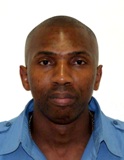
Surgeon Xolo
- Alumni
- South Africa
- 2007 MPhil Education (Thematic route)
2008 PhD Education - Hughes Hall
The Gates Cambridge Scholarship enables me to pursue my intellectual aspirations at an internationally renowned university. In Cambridge I have an opportunity to meet leading scholars, from all over the world. This will allow me to explore global trends in mathematics education with a critical reflection on how the best of these may be incorporated into curriculum practice in South Africa. In my PhD study I seek to investigate South African teachers’ practice in terms of the opportunities offered for the South African students to learn mathematics.
Tatyana Yakovleva
- Alumni
- United States
- 2003 PhD Biological Science
- Churchill College

Tatyana Yakovleva
- Alumni
- United States
- 2003 PhD Biological Science
- Churchill College
I am grateful to the Gates Trust for their support in this difficult but exciting journey. In my Ph.D. project in Biochemistry I explored the structure and function of Methy-CpG binding protein 2 (MeCP2) and it's domains. Currently, I live in Philadelphia and work as a medical communications scientist at Synchrogenix Information Strategies Inc.
Joshua Yang
- Scholar-elect
- United States
- 2025 MPhil Modern South Asian Studies
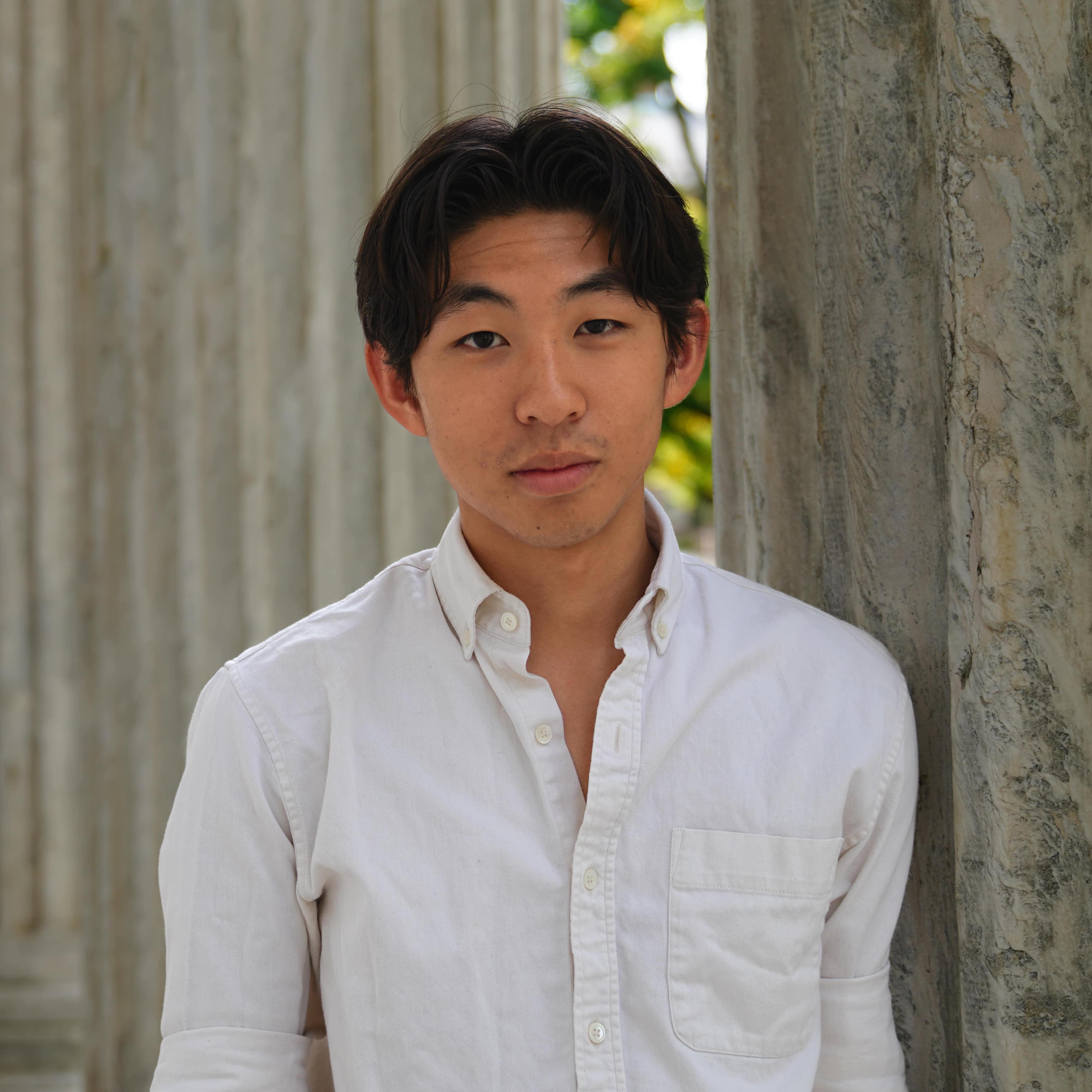
Joshua Yang
- Scholar-elect
- United States
- 2025 MPhil Modern South Asian Studies
I am interested in questions of belonging and marginality, particularly with regards to those who exist within, and help define, the periphery of the nation-state. My current research examines the long-term sociopolitical impacts of Hindu mob violence targeting Muslims in India, which implicates questions of Indian secularism, citizenship, and national identity. I studied moral and legal philosophy at Princeton University; my senior thesis examined the nature of our obligations to obey the law. Throughout my undergraduate years, I also worked as a freelance reporter across West, South, and East Asia, covering everything from the aftermath of the Hong Kong pro-democracy movement to the Armenian diaspora in East Jerusalem. At the University of Cambridge, I hope to draw upon my experiences as both a philosophy student and a journalist to inform my historical and ethnographic research in the MPhil program in Modern South Asian Studies.
Previous Education
Princeton University Philosophy
Ju-Huei Yang
- Alumni
- Taiwan
- 2001 PhD Economics
- Trinity College

Ju-Huei Yang
- Alumni
- Taiwan
- 2001 PhD Economics
- Trinity College
Great minds such as Keynes brought me to this stimulating environment to encounter a unique mixture of culture and science heritage. The Cambridge experience has made my past few years memorable and has enriched my preparation for the challenges ahead.
Ming Yang
- Scholar
- China
- 2022 PhD Applied Maths and Theoretical Physics
- Trinity College
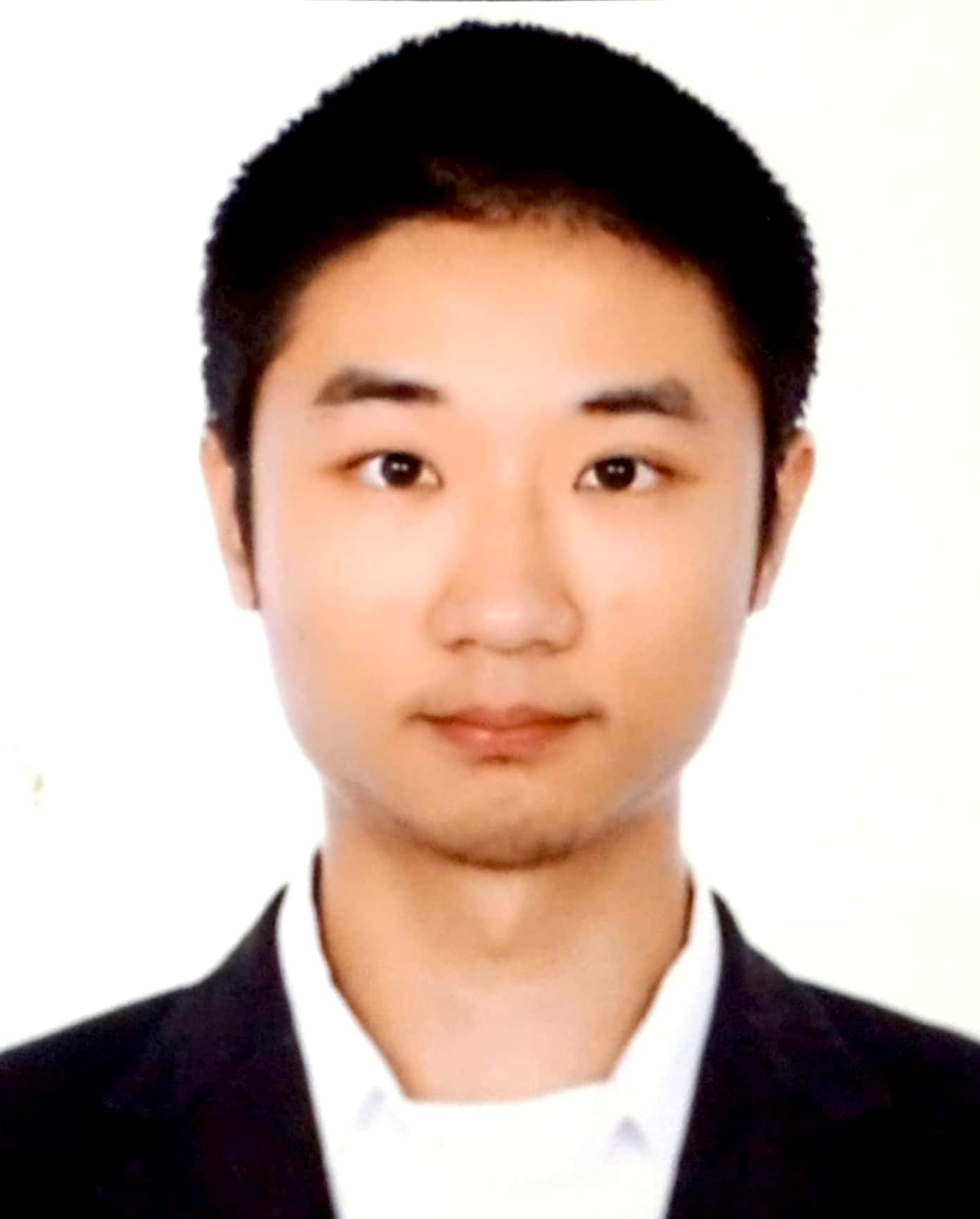
Ming Yang
- Scholar
- China
- 2022 PhD Applied Maths and Theoretical Physics
- Trinity College
Looking back, my immense curiosity about fundamental science started in my childhood. Consciously or not, it always fascinated me how rich structures lie beneath the very simple first principles. During my undergraduate years at Cambridge in Mathematics, I explored theoretical physics through courses and summer research and discovered my passion for high-energy physics. Looking ahead to my PhD, I will be supervised by Professor Sean Hartnoll and will focus on the emergence of spacetime using models in matrix quantum mechanics, which is a subject inspired by condensed matter physics and closely related to string theory. It has the potential of unifying gravity with quantum field theory and solving some of the biggest mysteries in high-energy physics, e.g. the black hole microstates problem. The aim is to use techniques in Quantum Information and Random Matrix Theory to develop a probe to understand such strongly interacting systems. Meanwhile, I will commit myself to widespread fundamental sciences and let more people enjoy the beauty and elegance of maths and physics. It is my great honour to join the Gates Cambridge community and strive together with the future leaders of our generation to make our world a better place.
Previous Education
University of Cambridge Mathematics 2022
Zhen Yang
- Alumni
- China
- 2010 PhD Engineering
- Trinity College

Zhen Yang
- Alumni
- China
- 2010 PhD Engineering
- Trinity College
Have graduated from Electrical, Electronic and Computer Science Department, the University of Birmingham as a top student, I am now a PhD student in the field of Photonic Systems. Before this, I did 2 years study at Fudan University, Shanghai, with a top result in the major of Optical Science and Technology. I am interested in the project on superradiant emission from a semiconductor structure, which would be a promising technology for laser development.
Zhongqiang Yang
- Alumni
- China
- 2003 PhD Chemistry
- Gonville and Caius College
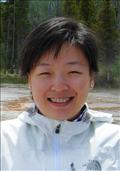
Zhongqiang Yang
- Alumni
- China
- 2003 PhD Chemistry
- Gonville and Caius College
I received BEngr (2000) and MSc (2003) from Heilongjiang University and Jilin University in China, respectively. In 2003, I obtained Gates Cambridge Trust and Overseas Research Studentship and pursued PhD at the University of Cambridge, working with Prof. Wilhelm T. S. Huck at Melville Laboratory for Polymer Synthesis, Chemistry Department. In 2007, I went to the University of Wisconsin-Madison in USA, carrying out post-doctoral work with Prof. Nicholas L. Abbott at Chemical & Biological Engineering Department. In 2010, I joined Chemistry Department at Tsinghua University as Associate Professor. My research interests include soft matter and interfaces.
Songqiao Yao
- Alumni
- China
- 2014 Mphil Geographical Research
- King's College
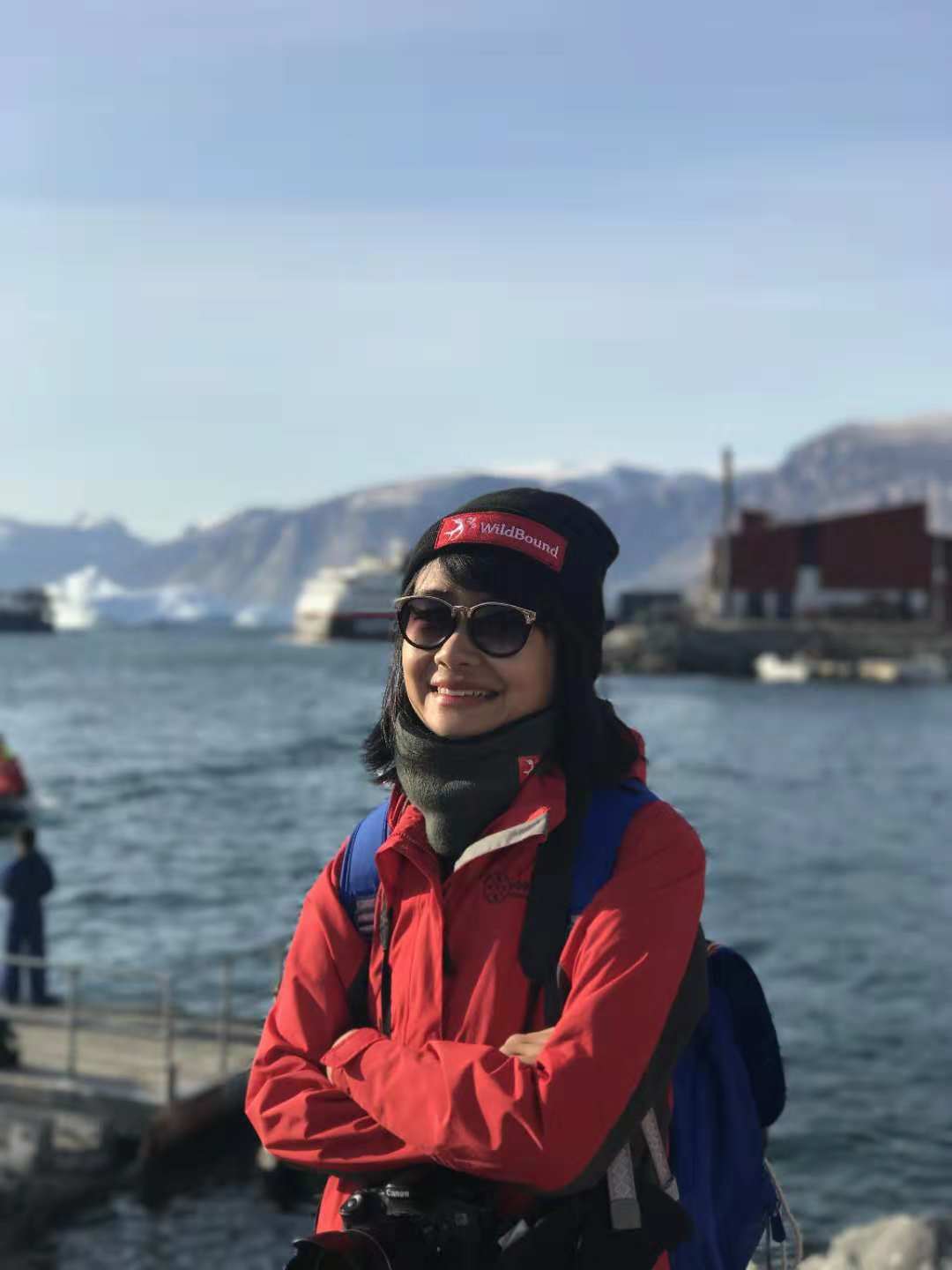
Songqiao Yao
- Alumni
- China
- 2014 Mphil Geographical Research
- King's College
Songqiao Yao is the founder and CEO of Wildbound.earth, an innovative nature-inspired education and sustainability consulting venture based in Beijing, China. After her Mphil in Geography from Cambridge as a Gates Scholar, Songqiao went on to study for an MBA as a Skoll Scholar at Oxford Said Business School.
Previous Education
Mount Holyoke College 2007
Links
http://www.wildbound.earth
http://www.linkedin.com/songqiaoyao
Edward Yapp
- Alumni
- Brunei Darussalam
- 2011 PhD Chemical Engineering
- Churchill College
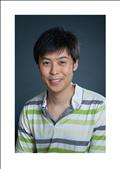
Edward Yapp
- Alumni
- Brunei Darussalam
- 2011 PhD Chemical Engineering
- Churchill College
Charles Amo Yartey
- Alumni
- Ghana
- 2002 PhD Economics
- Hughes Hall

Charles Amo Yartey
- Alumni
- Ghana
- 2002 PhD Economics
- Hughes Hall
Keaghan Yaxley
- Alumni
- Australia
- 2018 PhD Biological Anthropology
- King's College
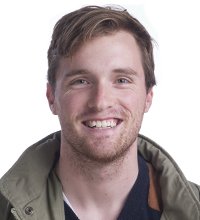
Keaghan Yaxley
- Alumni
- Australia
- 2018 PhD Biological Anthropology
- King's College
I grew up in Canberra, Australia’s capital - rich in both wilderness and politics - so it’s unsurprising that I became interested in both. I completed my B.Sc. in Zoology at the Australian National University, investigating how evolutionary history can be used to inform conservation planning. While studying, I worked for federal Labor Senator Kate Lundy. My time in politics included work in government, a federal election campaign, and a subsequent stint in opposition, after which I returned to research. Currently, I am using evolutionary models to reconstruct the last common ancestor of the African apes (gorillas, bonobos, chimpanzees and humans of course) to complete my MPhil in Human Evolutionary Studies at the University of Cambridge. My PhD will see me examine the evolution of African mammals over the last five million years, looking for innovative adaptations that allowed species to occupy new environments. This work will help to shed light on the processes that drove the evolution of form in mammals. I hope to combine the opportunities afforded by Gates Cambridge and the skills I gained working in politics to become a scientific communicator and an advocate for higher eduction and research.
Previous Education
Australian National University
University of Cambridge
Ping Lin Yeap
- Scholar
- Singapore
- 2023 PhD Oncology
- Homerton College
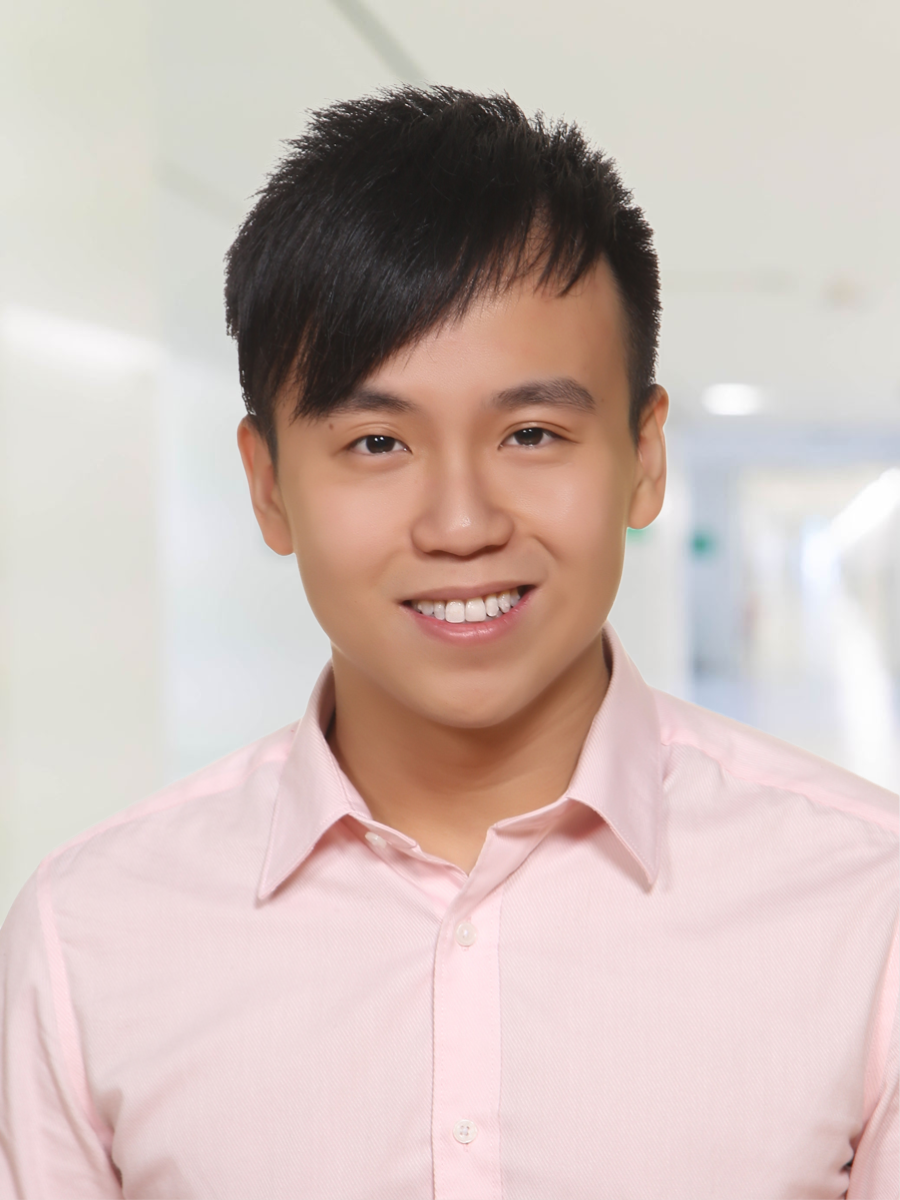
Ping Lin Yeap
- Scholar
- Singapore
- 2023 PhD Oncology
- Homerton College
As a medical physicist, I enjoy solving problems at the intersection of disciplines. During my MPhil with the Cambridge computational radiotherapy group, I used deformable image registration to investigate discrepancies between planned and delivered dose to the spinal cord for head-and-neck cancer patients, and correlated delivered dose with Lhermitte’s Sign toxicity. My PhD project will focus on adaptive radiotherapy, which entails adapting cancer treatment plans to patients’ changing anatomies over the course of treatment. I will be developing and evaluating machine learning and deep learning methods to predict and minimise errors between registered CT images. I am also interested in the use of generative models to enhance the quality of cone-beam CT scans, such that they can be used directly for plan adaptation. This research will hopefully enable and enhance adaptive radiotherapy workflows in the clinic, and contribute towards personalised and precision medicine. Having worked in the education and public policy sectors in Singapore, I am also passionate about democratising STEM education and improving access to career guidance for youths. Outside of work, I can be found exploring far-flung corners of the world with my camera.








